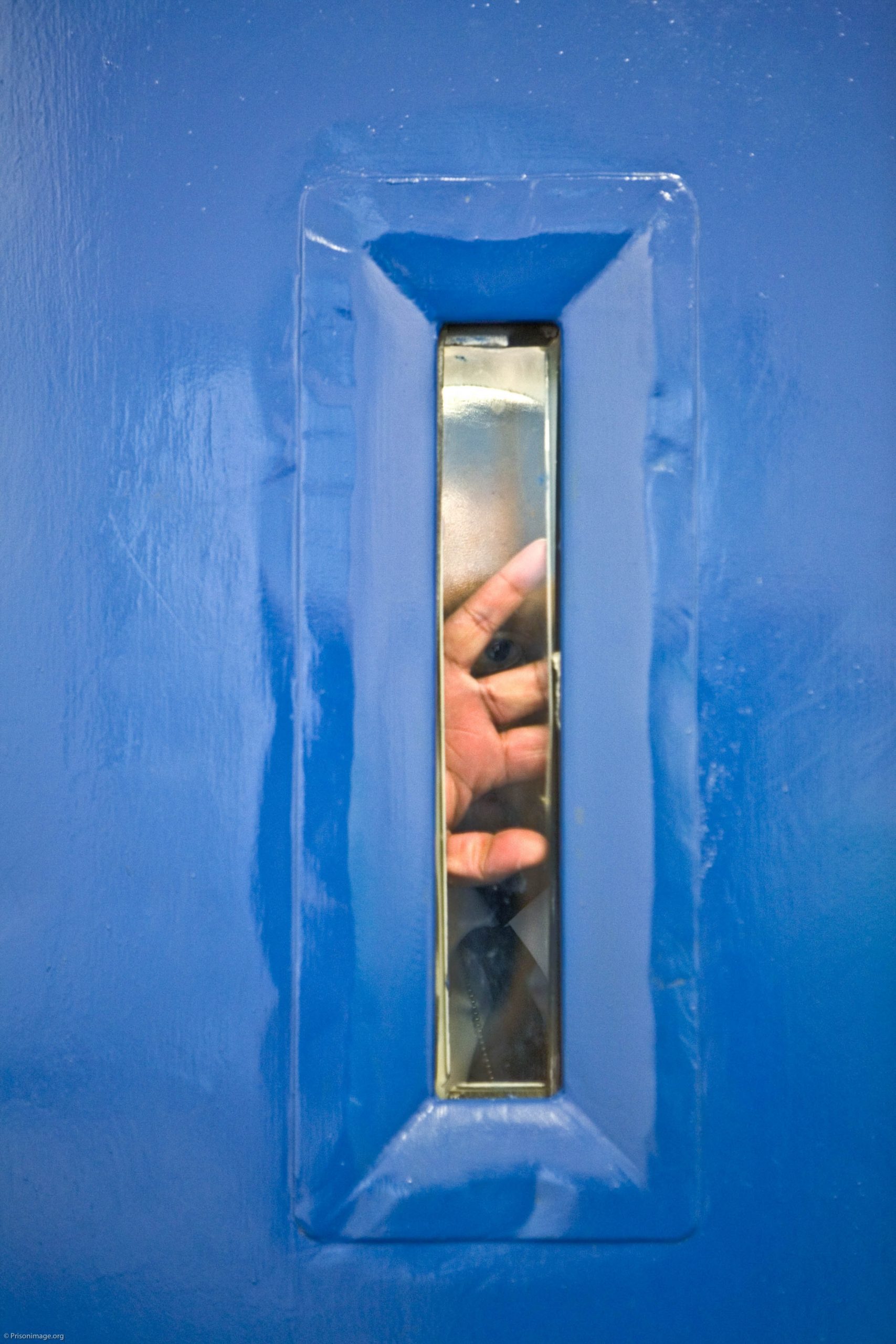‘Damning’ findings of prison watchdogs ‘routinely ignored’
Prison watchdog bodies were failing to pick up on serious problems and damning findings were ‘routinely ignored’, according to the Howard League for Penal Reform. Yesterday, the group gave evidence in a High Court case concerning unlawful strip-searches in Peterborough prison which is run by Sodexo in July and September last year.
‘As more and more state functions in the criminal justice sector are delegated to private companies, this important case raises pressing questions about the state’s ability to spot damaging and unlawful practices and stop them happening,’ commented Frances Crook, the Howard League’s chief exec. ‘The consequences of these failures of oversight include serious problems in secure training centres designed to hold vulnerable children, an investigation by the Serious Fraud Office into the management of electronic tagging, privatised probation services that have been criticised by the National Audit Office, and the failure of private companies to adequately maintain prisons.’
In a witness statement, Crook looks at the adequacy of the monitoring of private prisons by Independent Monitoring Boards (IMBs) and the official watchdog, Her Majesty’s Inspectorate of Prisons (HMIP). IMBs are made up of unpaid members of the public who might give up two to three days a month of their time to assess life in prisons and immigration detention centres.
According to the Howard League, IMB reports often fail to flag major problems. The group cites annual reports from Peterborough prison for the last four years which do not mention strip-searching at all. Nor do the annual IMB reports from Bronzefield, a prison operated by the same company.
There are major recruitment problems with IMBs with, as of May, one-third of positions were empty.
The Howard League identifies two key weaknesses in HMIP monitoring regime. ‘The watchdog visits prisons infrequently, which means that problems can go unchecked for years at a time; and there is no obligation on the State to implement its recommendations,’ it said.
All public and private prisons are audited in a three-year cycle by Her Majesty’s Prisons and Probation Service. Crook argued that, without a clear idea of the criteria prisons were being measured against, it was ‘difficult to have faith in the audit’s positive conclusions’.
According to Crook, controllers largely responsible for contractual compliance in private prisons worked alongside the employees of the private contractors, and might be ‘best placed to hold their colleagues and the management of the prison to account in a meaningful way’.
‘In my experience, when effective, these mechanisms can shine a light in dark corners,’ Crook said. ‘However, in my view, they are less effective in leading to meaningful and urgent change than is required to safeguard the fundamental rights of prisoners, and ensure that prisons comply with the United Kingdom’s human rights obligations.’
‘In fact, I can think of no other field where damning findings made by inspectorates are routinely ignored; where the same problems are reported year after year, are still not addressed, and have no repercussions for the prisons. It would be unthinkable in the context of health services for the Care Quality Commission to make serious and recurrent findings that go unrectified. However, countless bodies have raised serious and grave concerns about prisons for years that have not resulted in adequate change.’
Frances Crook, Howard League
Published on July 5, 2018







